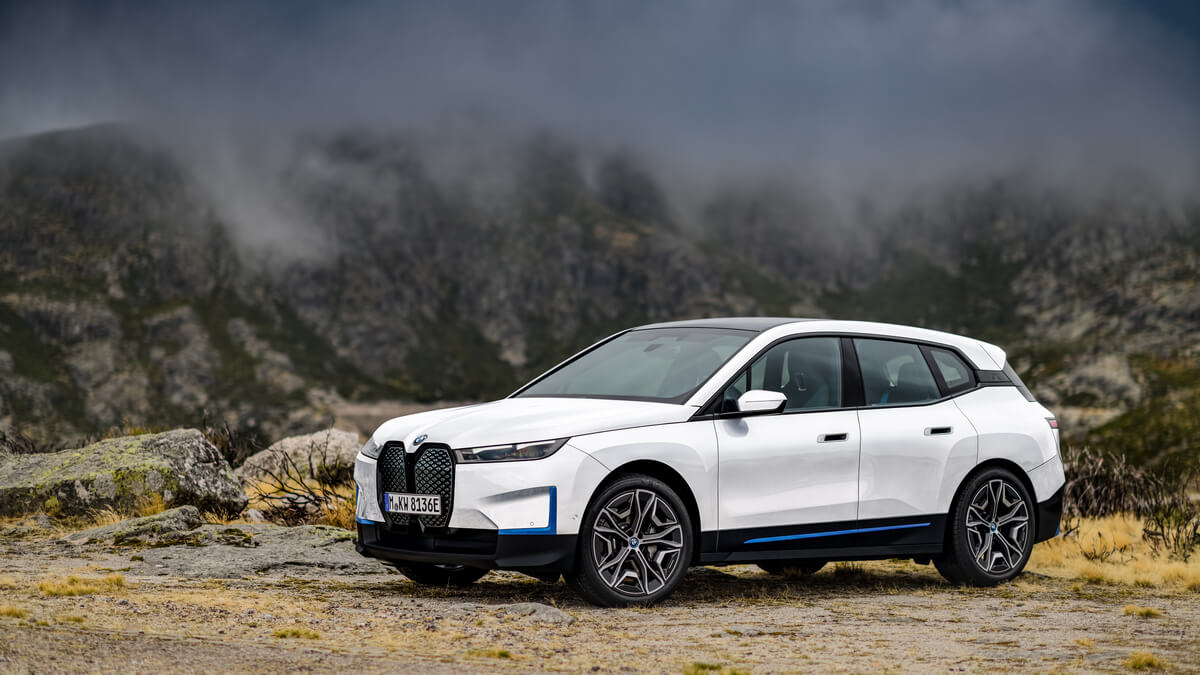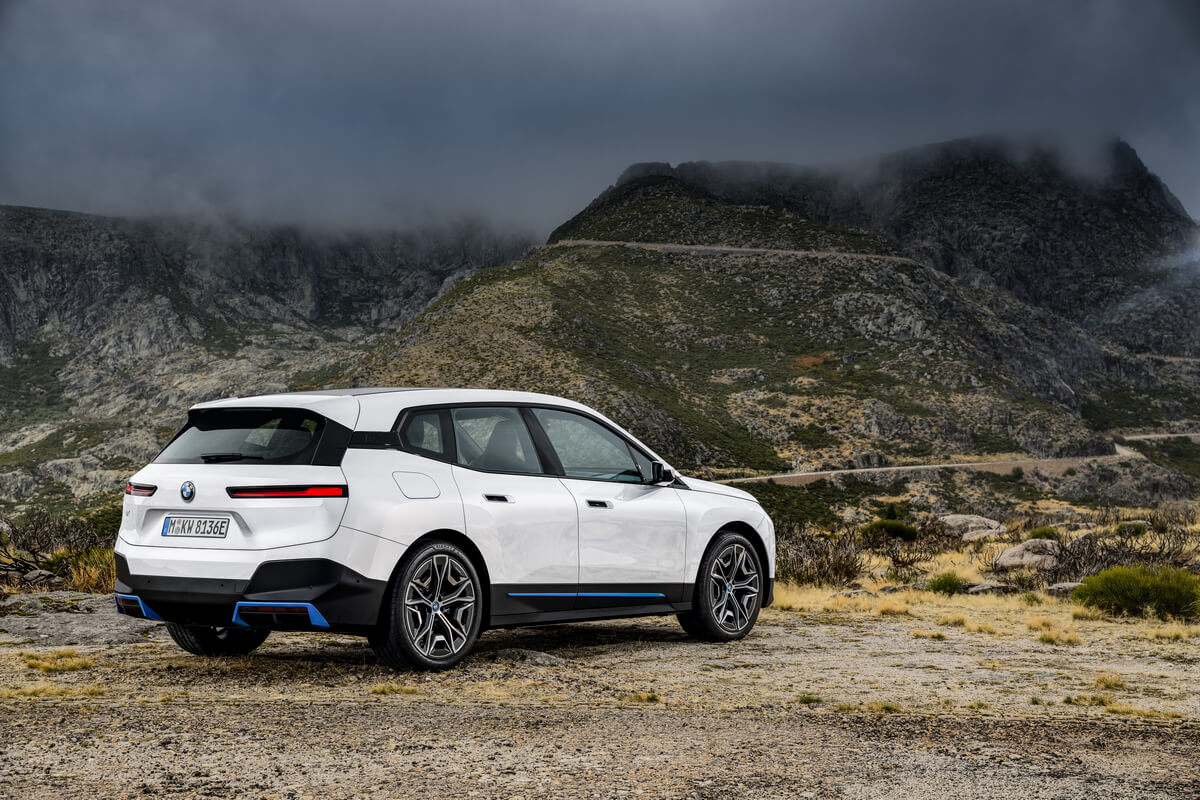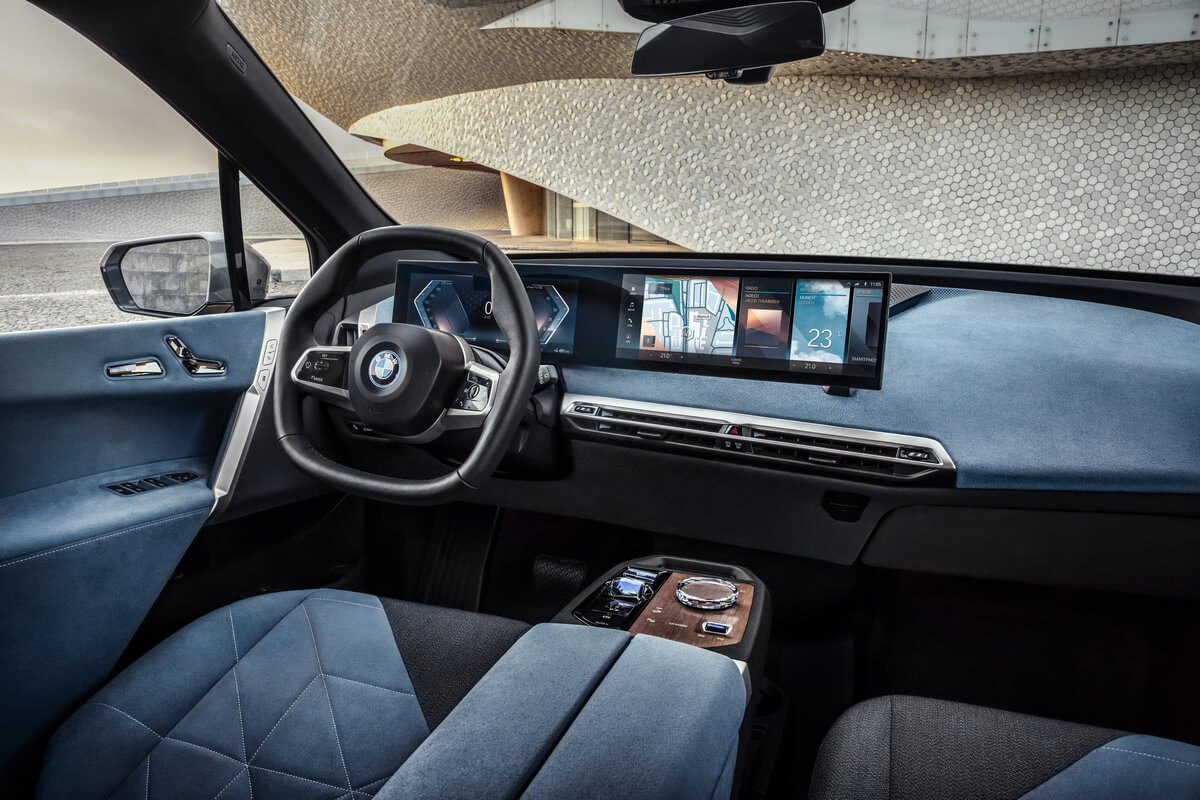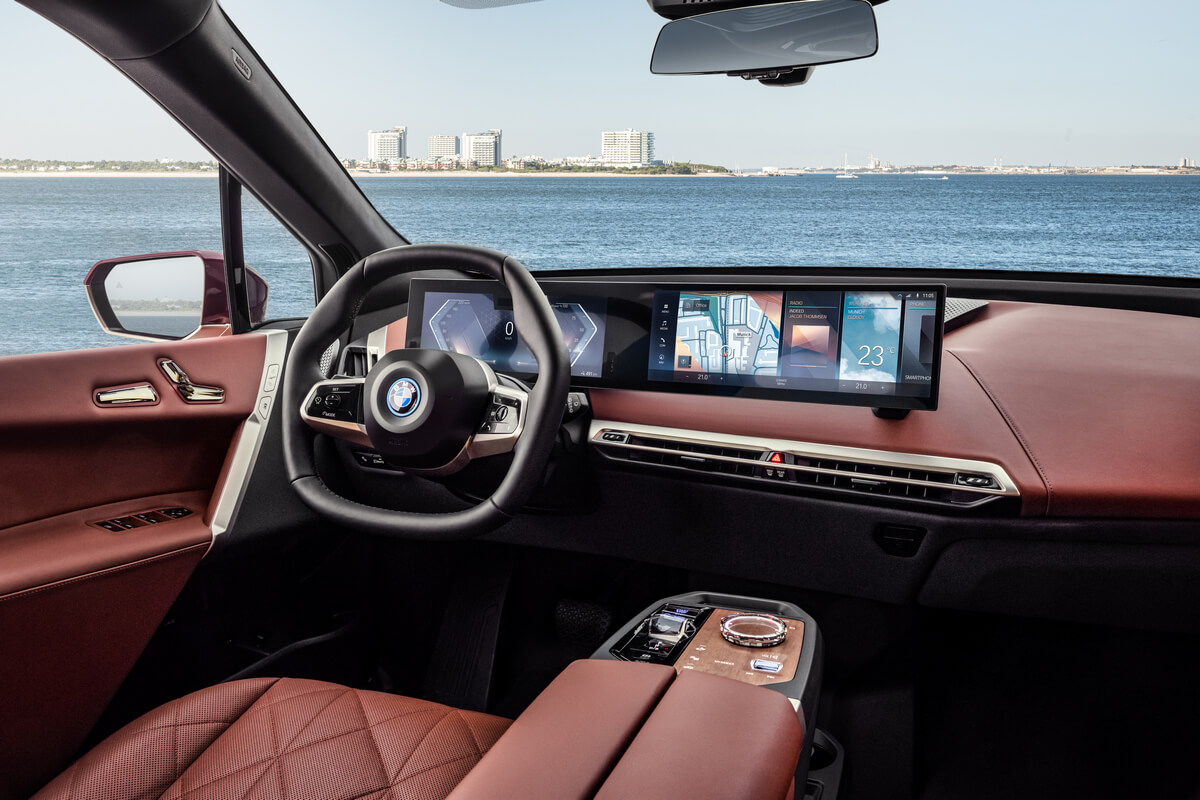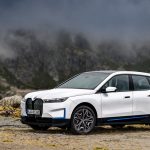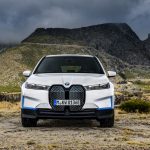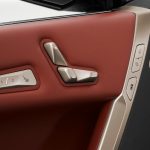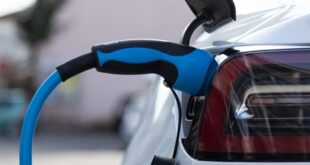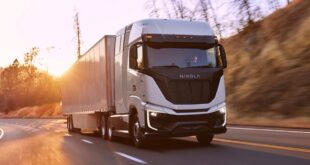Although the BMW iX won’t produce tailpipe emissions, the manufacturer also upgraded the production process to make it even more sustainable.
As the automotive industry moves towards sustainability, BMW is coming out with two new all-electric models, with the i4 launching this week and the iX inching slowly towards its early 2022 arrival. An essential part of the electrification process is reducing emissions and improving sustainability with the car and the manufacturing process. The company’s recent energy analysis shows the importance of responsibility, from gathering raw materials to assembly and using the vehicle.
The iX is manufactured in BMW’s Dingolfing plant from scratch, using only hydroelectric power to function. Meanwhile, BMW obtains raw materials like cobalt and lithium from non-conflict regions, and the company even gathers them before giving them to its suppliers. The eDrive motors used in BMW vehicles are also an important part. Notably, they don’t use magnets because they require needs hard-to-get materials. Instead, the company uses electromagnetic fields, which do not need any suppliers and saves time.
Aluminum comes from a UAE-based company that uses solar power, and the wood control panel in the iX is made from sustainably grown trees. If the customer wishes to have seats made from cowhide, the company uses an extract from olive leaves obtained in pruning in olive groves to treat the leather instead of the standard and toxic tanning agents.
Moreover, using waste finishing nets and plastic residue, BMW produces recycled nylon for floor mats and carpets, and more parts such as door panels, bumper guides, and cable ducts use recycled plastic. BMW says recycled plastic produces 80% less CO2 than synthetic nylon, and the car uses 132 pounds of recycled plastic.
The iX’s underbody functions also provide a clean and sustainable method of recuperating energy to its 200-kWh battery. With the GPS on, the car will automatically regenerate the battery when the speed is low and the leg is off the throttle. Anywhere the car might slow down, the system detects the possibility of gaining energy and does so while not affecting performance. All methods combined helped the company lose 70% of CO2 emissions from 2007 to 2019, and a further 40% decrease is planned before 2025.
The iX will be out on the market in early 2022, but pre-orders for the $80,000 all-electric SUV will start in June of this year.


